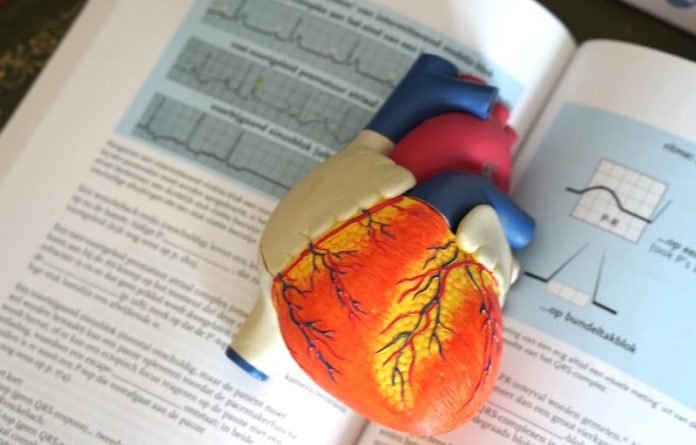
Scientists from Linköping University in Sweden found after being anesthetized and undergoing major surgery, up to one in five patients have increased levels of the protein troponin in their blood.
This can be a sign of heart damage.
In the study, researchers analyzed data from before and after the operations of 1,300 patients.
They focused on the leakage of the protein troponin into the blood. This is a biomarker found in blood samples from patients with cardiac muscle damage.
This kind of damage is, in turn, associated with heart disease or heart attacks.
An increase in troponin is also common in patients who have had major surgery, something which an international study with 22,000 patients has already shown.
The team says it can happen that patients leave the hospital without experiencing any symptoms. The signs of cardiac muscle damage are only discovered later when measuring cardiac troponin in the blood.
Even small increases in troponin can indicate a heightened risk for serious heart complications or death.
The research team has worked on the study together with healthcare staff at seven Swedish hospitals. Altogether, they have followed nearly 1,300 patients.
These observations were done before a major operation, then during the day of the operation, and finally during the three days after the operation.
The researchers were able to confirm the growth of troponin levels post-operation in some patients.
They were also able to confirm the existence of a risk group—patients who had higher levels of troponin prior to the operations.
An important secondary finding of the research is that many at-risk patients were anemic—that is to say, they had insufficient blood levels—prior to the operations.
There are, however, still many questions to be answered—questions that the researchers are already looking at.
For example, it’s not currently clear what actually causes the increase of troponin in the blood when undergoing major surgery. But the study will still be able to help identify at-risk patients.
If you care about heart health, please read studies that eating whole eggs bad for your heart, and flu, COVID-19, and related vaccines may increase heart disease risk
For more information about heart health, please see recent studies about common heart drugs that may increase heart failure risk, and results showing vitamin D and this hormone may prevent heart disease, stroke, and diabetes.
The research was published in the British Journal of Anaesthesia and conducted by Michelle Chew et al.
Copyright © 2022 Knowridge Science Report. All rights reserved.



